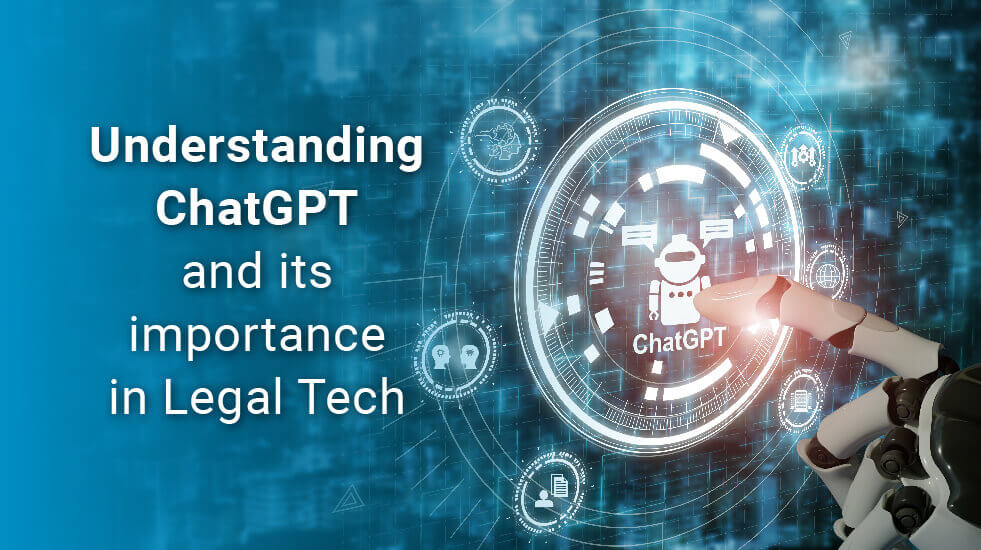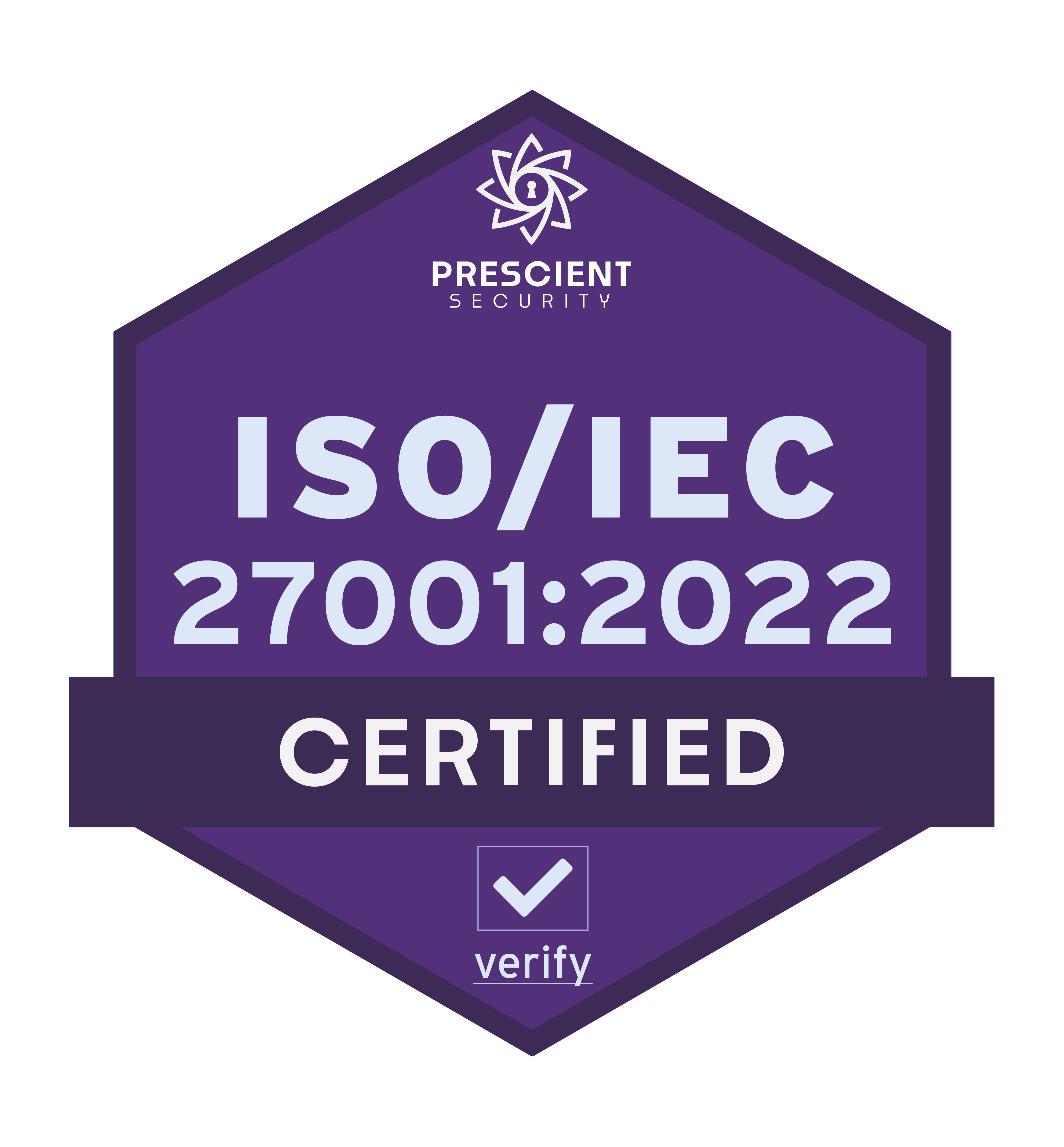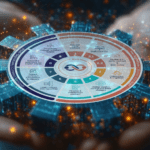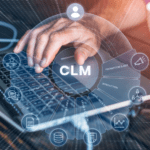
Understanding ChatGPT and its Importance in Legal Tech
As the world continues to remain fascinated by ChatGPT, we thought we should share our thoughts on different use cases of ChatGPT in the legal industry. We hope that this will inspire those of us who are continuing to build impactful solutions for the legal market and will also assist in understanding ChatGPT a bit more.
RELATED ARTICLE: Robot Lawyer To Go To Court In World First
Understanding ChatGPT
Also known as GPT-3, short for Generative Pre-Trained Transformer 3, ChatGPT is a natural language processing (NLP) model developed by Open AI.
There is a difference between GPT-3 and ChatGPT. GPT-3 is a general-purpose language generation model, while ChatGPT is a specialised variant of GPT-3 that is designed for use in char or conversation settings.
ChatGPT in the Legal Industry
Because it is a type of artificial intelligence (AI) that can process and generate human-like text, it can be useful in some of the following ways in the legal industry:
- Legal Research: It could be used to help attorneys quickly find and access relevant case law, statutes, and other legal materials by processing and summarizing large volumes of text.
- Legal Document Generation: It could be used to generate legal documents, such as contracts, briefs, and pleadings, by processing and synthesizing input from attorneys and other sources.
- Legal Advice: It could be used to provide legal advice to clients by processing and synthesizing input from attorneys and other sources.
- Legal Chatbots: It could be used to power chatbots that can answer legal questions and provide information on legal topics to users.
Overall, ChatGPT could potentially be used in several legal tech applications to help streamline and improve the efficiency of the legal process.
The Benefits of ChatGPT for the Legal Industry
Here are some benefits of using ChatGPT in the legal industry:
- Efficiency: It can process and generate human-like text quickly and accurately, which could help attorneys and other legal professionals save time and effort on tasks such as legal research and document generation.
- Cost Savings: By automating certain tasks, it could help reduce the cost of legal services for clients.
- Increased Accuracy: It can process and analyse large volumes of text, which could help attorneys and other legal professionals identify and understand relevant legal issues more accurately and thoroughly.
- Improved Accessibility: Legal chatbots powered by ChatGPT could help make legal information and services more accessible to the public by answering legal questions and providing information on legal topics in a user-friendly way.
In summary, ChatGPT could potentially help improve efficiency, reduce costs, increase accuracy, and increase the accessibility of legal services.
While we remain hopeful, there are some potential disadvantages associated with using ChatGPT as explained by our Andrew Timothy Laidley our Data Scientist, AI Researcher & Developer below:
“While this technology is incredible, it is important to consider the context in which ChatGPT is used and to be aware of its limitations.
ChatGPT is a general-purpose model and may not have specialized knowledge or expertise in certain domains, which could result in inappropriate responses. To address this, we can use careful prompt engineering or custom models designed for these specialised tasks.
There is also the issue that ChatGPT may be utilised sub-optimally by users unfamiliar with these kinds of technology. We can mitigate this by considering how we design the user experience to ensure optimal use of AIs from a user standpoint.
Additionally, ChatGPT has the potential to be used for malicious purposes, although it has systems in place to prevent such use. Though there exists the capacity to work around these constraints, there needs to be an equal push to prevent the harm these technologies can cause.
These issues should not deter us from using and/or developing these technologies, but we should be mindful of these issues when using ChatGPT and other such technologies. ”
Whether we will continue to see more innovations around ChatGPT in the legal industry in this new year is yet to be seen, but we are thankful to be one of the forefront runners who will continue to use AI in the most effective and innovative ways for the benefit of our clients. For example, we use AI in our Matter Manager and Contract Manager solutions.
Do you want to see them? You can see these technologies and more in action by reaching out to us on +27 11 719 2000, mailing us at info@legalinteract.com or using this link to book an obligation-free demo with us: BOOK A DEMO
* 60% of this article was generated on ChatGPT






